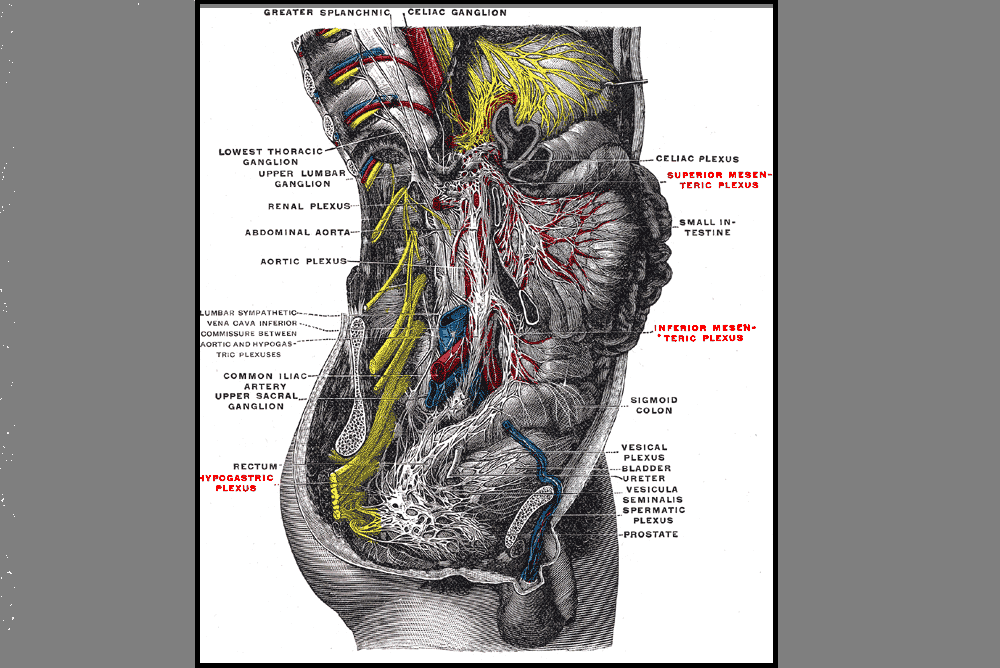Medications Can Impact Pelvic Floor Function and Rehabilitation Outcomes

From antidepressants and anticholinergics to GLP-1 receptor agonists and ADHD stimulants, medications can significantly impact pelvic floor function and rehabilitation outcomes. Pelvic health rehabilitation providers must stay informed about new and existing pharmaceuticals, as many conditions such as overactive bladder, painful bladder syndrome, chronic pelvic pain, and constipation to name a few, are managed with medications that influence neuromuscular function, pain perception, hormonal balance, and urologic or gastrointestinal physiology.
A strong understanding of pharmacology allows pelvic health specialists to anticipate and address medication-related barriers to rehabilitation, such as fatigue, myofascial dysfunction, or altered bladder and bowel function. By integrating this knowledge into clinical practice, providers can tailor interventions, modify exercise prescriptions, manual therapy, and behavioral strategies to align with a patient’s medication profile. For example, muscle relaxants or neuromodulators like baclofen and gabapentin may necessitate adjustments in functional training due to sedation or decreased muscle tone. At the same time, diuretics require careful scheduling of therapy sessions to accommodate urinary urgency.
Pelvic health rehab providers also play a crucial role in patient education, helping individuals understand how medications affect pelvic health and how lifestyle, diet, and therapy can optimize treatment outcomes. Many patients take multiple medications that may either support or hinder their progress, making it essential for providers to recognize drug-induced side effects that could mimic or exacerbate pelvic floor dysfunction.
Staying current with pharmacological advancements enables pelvic health specialists to collaborate effectively with urologists, gynecologists, gastroenterologists, pain specialists, and primary care providers. This interdisciplinary approach ensures comprehensive, patient-centered care, optimizing safety and treatment efficacy. By maintaining a solid foundation in pharmacology and keeping up with emerging research, providers can enhance rehabilitation outcomes, prevent setbacks, and offer more informed, holistic care.
Join Kristina Koch, PT, DPT, CLT, PCES on April 5, 2025, for the remote course "Pharmacologic Considerations for the Pelvic Health Provider" to expand your expertise in managing medications related to pelvic floor dysfunction and broader men’s and women’s health conditions. This course will equip you with the knowledge to evaluate medication-related factors, recognize potential side effects, implement non-pharmacologic management strategies, and collaborate effectively with other healthcare professionals. Strengthen your ability to enhance patient safety, optimize treatment outcomes, and confidently navigate the pharmacological aspects of pelvic health care.
AUTHOR BIO:
Kristina Koch, PT, DPT, CLT, PCES

Kristina Koch, PT, DPT, CLT, PCES (she/her) received her Masters of Science in Physical Therapy in 1996 from Springfield College in Massachusetts. In 2001, while living in the Los Angeles area, Kristina started specializing in the treatment of pelvic floor dysfunction including bowel/bladder issues and pelvic pain, and in 2021, she went on to earn her doctorate of physical therapy from The College of St. Scholastica. During her time in Los Angeles, she was fortunate to work with and, be mentored by fellow Herman and Wallace faculty member, Jenni Gabelsburg, DPT, WCS, MSc, MTC. Kristina is a Board Certified Specialist in Women's Health Physical Therapist (2013-2023) by the American Board of Physical Therapy Specialties. She then received her lymphatic therapist certification (CLT) in 2015.
Kristina has successfully helped establish women’s health and pelvic floor physical therapy programs in San Diego, California and Colorado Springs, CO where she currently works in private practice. Kristina treats men, women, children, trans and gender non-binary individuals in her practice. In addition, Kristina serves as a guest lecturer for graduate physical therapy students at Regis University in Denver, CO and, provides educational lectures to medical providers and local community groups. Outside of work, Kristina enjoys spending time with her husband and two children, skiing, running and hiking.
By accepting you will be accessing a service provided by a third-party external to https://hermanwallace.com./








































